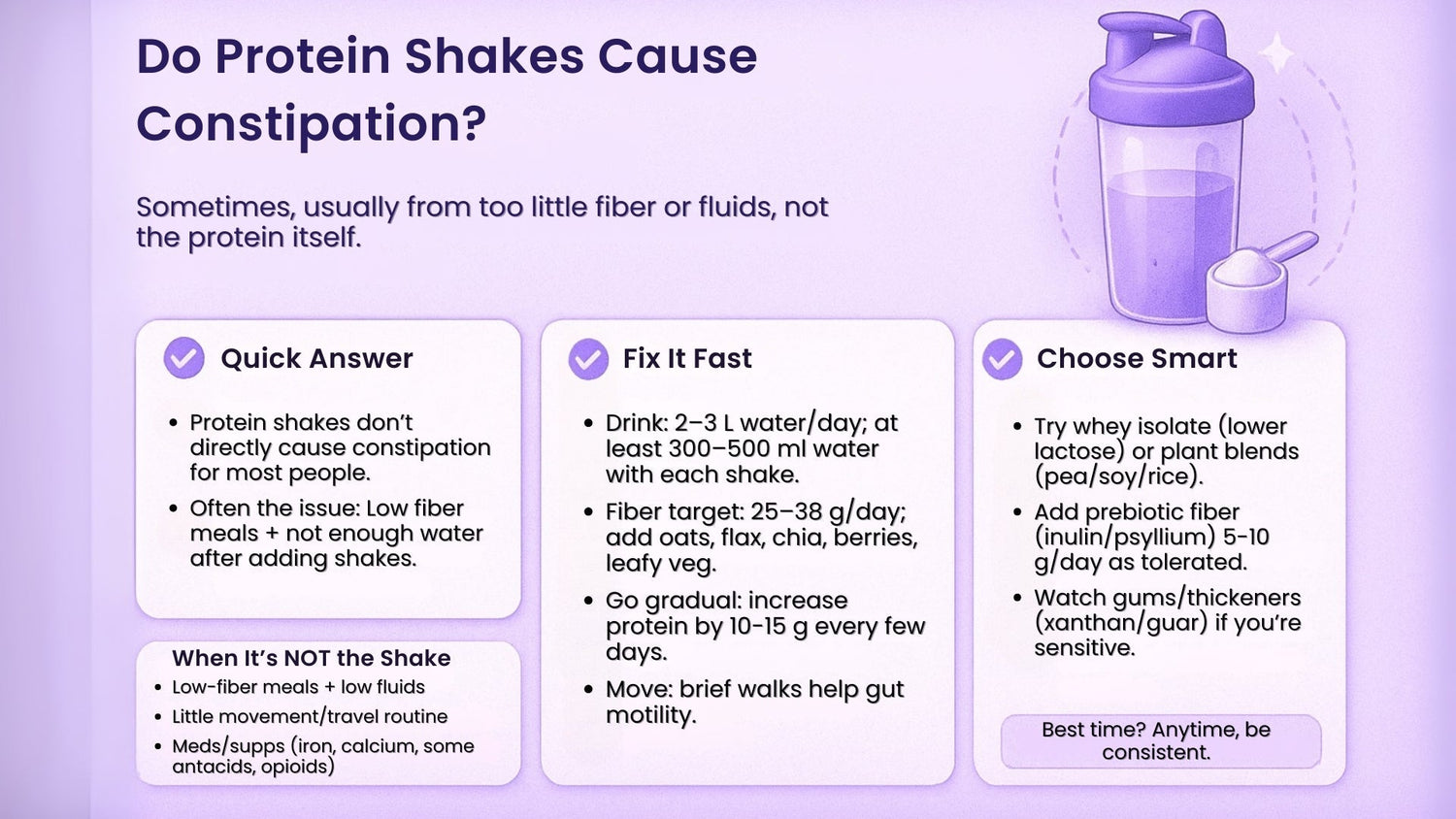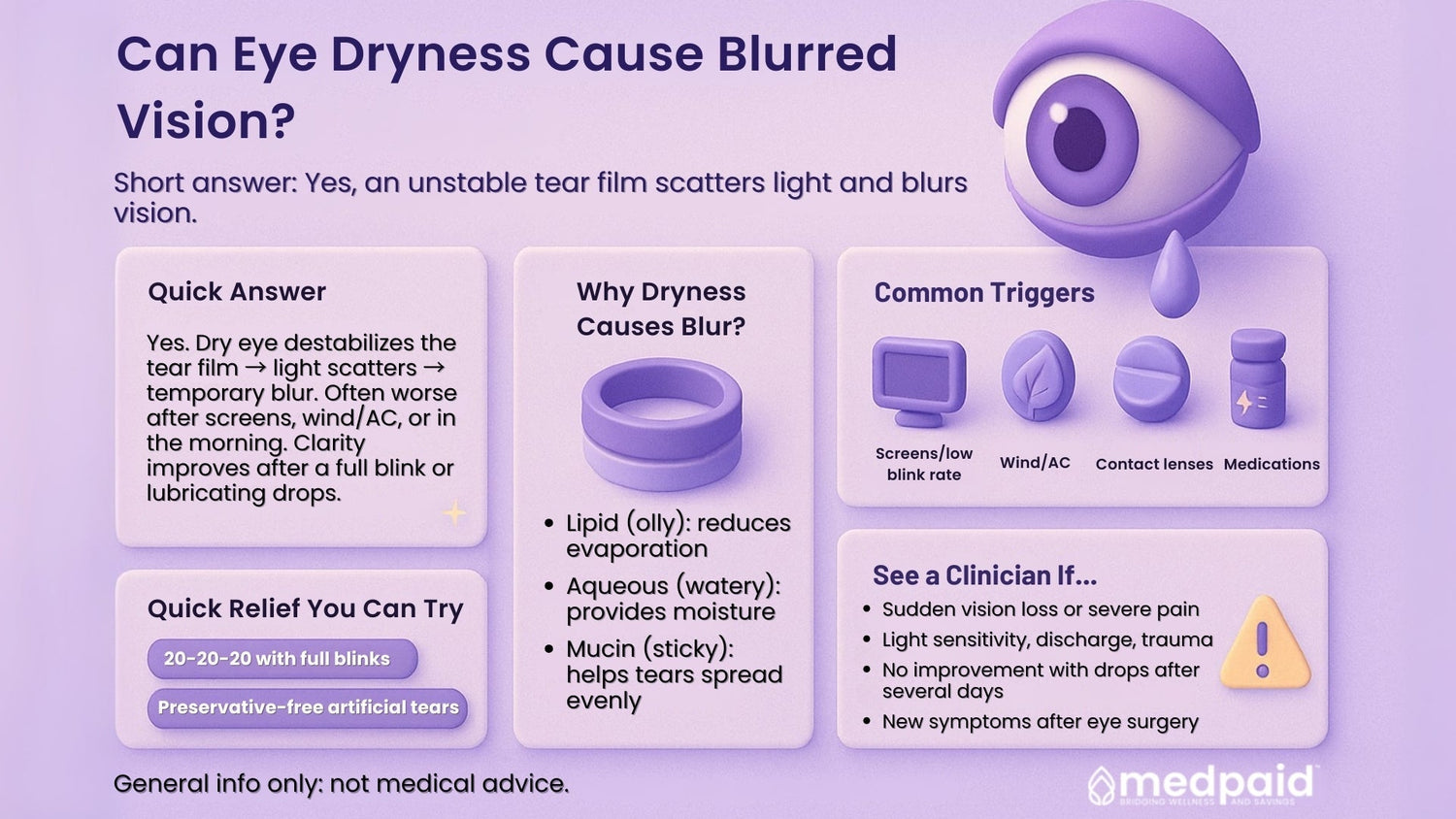Withania somnifera is an evergreen shrub native to India and parts of Africa and the Middle East. Its Sanskrit name ashwagandha literally means “smell of a horse,” because fresh roots are said to smell like a wet horse. The species name somnifera comes from Latin and means “sleep inducing,” hinting at its traditional reputation for promoting restful sleep. In Ayurvedic and Unani medicine, powdered root extracts have been used as an adaptogen, a substance thought to help the body better withstand physical, chemical or psychological stress. Today it is promoted worldwide under names such as “Indian ginseng” or “winter cherry,” and it appears in capsules, powders and gummies on the shelves of health stores and on doctor vetted wellness sites like Medpaid that curate evidence based supplements.
Modern interest in ashwagandha stems from its rich content of bioactive withanolides and other phytochemicals, which show anti inflammatory and antioxidant properties in laboratory studies. Because the plant’s root and leaf extracts may help modulate the stress response, ashwagandha is often marketed as a natural way to support mental well being. But what does the evidence actually say, and how safe is it? The following sections explore uses, potential benefits, side effects, and special considerations such as pregnancy and breastfeeding. Throughout the article you will also find internal links to related products, collections and blog posts on Medpaid to help you discover doctor vetted supplements and in depth guides.
Traditional and Modern Uses
In traditional Indian medicine, Withania somnifera was consumed as a general tonic to enhance vitality and longevity. It was considered a rasayana (rejuvenating) herb used to promote strength, support recovery from illness and improve quality of life. Modern clinical interest focuses on a few key areas:
Stress and Anxiety Support
Several randomized controlled trials reviewed by the U.S. Office of Dietary Supplements suggest that ashwagandha root extracts (typically 300-600 mg per day) reduce perceived stress, anxiety and cortisol levels compared with placebo. A 2021 systematic review included seven trials in adults with high stress or diagnosed anxiety disorders. Participants who took ashwagandha for six to eight weeks reported lower stress and better sleep quality. Because of these findings, some professional organizations provisionally recommend ashwagandha for generalized anxiety disorder. If you are exploring botanical options for stress management, you might also find stress relief supplements and adaptogenic blends in our product range helpful.
Sleep and Cognitive Health
The Latin species name somnifera hints at sleep promoting properties. Limited evidence suggests higher doses and longer durations of W. somnifera extract modestly improve sleep quality and quantity, especially in people with insomnia. Additionally, some trials report improvements in memory and cognitive function, although results are mixed and sample sizes are small. Ashwagandha’s adaptogenic effect may help calm the mind and support mental clarity just like Goli Ashwagandha gummies. Complementary products like the Sleep Well supplement or our Brain Focus formula combine ashwagandha with nutrients such as Ginkgo biloba, magnesium and L theanine for synergistic support.
Male Fertility and Hormone Health
Preliminary research suggests that taking ashwagandha for two to four months may increase testosterone levels and improve sperm quality. This effect likely relates to the herb’s stress lowering properties and antioxidant content, but results remain inconsistent. Men seeking to optimize reproductive health often pair ashwagandha with other key nutrients found in our multivitamin formulas and targeted supplements.
Other Potential Uses
Traditional healers used ashwagandha to reduce inflammation, support immunity and bolster overall vitality. Current evidence for these uses is limited:
-
Inflammation and immunity: Laboratory and animal studies show that withanolides exert anti inflammatory and antioxidant effects, but human data are insufficient. Customers interested in immune support might explore herbal blends within our Natural Herbal Supplements collection.
-
Athletic performance: Some small trials report improved strength and endurance with ashwagandha supplementation, but more robust research is needed. For performance support, look for clean, HSA/FSA eligible products in our Vitamins and Minerals collection.
-
Blood sugar and weight management: Animal studies suggest potential for lowering blood glucose and reducing stress related weight gain, yet clinical evidence remains preliminary. People with diabetes should use caution because ashwagandha may lower blood sugar.
Because research is still evolving, it is wise to view ashwagandha as a complementary tool rather than a cure all. Check out the Medpaid blog post on maximizing your HSA/FSA: the top supplements for additional advice on pairing supplements safely.
Side Effects, Interactions and Precautions
While generally well tolerated, ashwagandha can cause gastrointestinal upset (stomach pain, diarrhea, vomiting) and drowsiness in some individuals. It may also increase thyroid hormone levels or interact with medications for thyroid disorders, diabetes, high blood pressure, or central nervous system depression. Rarely, cases of liver injury have been linked to ashwagandha supplementation. Because the herb may modulate the immune system, individuals with autoimmune diseases (such as lupus or rheumatoid arthritis) should avoid it.
Key Precautions Include:
-
Dose and duration: Most studies used 300–1 250 mg of extract daily for up to 12 weeks. Long term safety beyond three months is unknown. Start with a low dose under professional guidance.
-
Medication interactions: Ashwagandha may interact with immunosuppressants, sedatives, anti seizure medications, thyroid hormone therapy and medications for diabetes or high blood pressure. If you take any prescription drugs, consult your doctor before using ashwagandha. You can also learn about potential interactions in our article Can I use my HSA to buy supplements?
-
Autoimmune and liver conditions: Because ashwagandha may stimulate immune activity and has been associated with liver injury, it should be avoided by people with autoimmune diseases or liver problems. For other nutritional alternatives, explore our health equipment and MedHugs comfort & care essentials collections.
-
Testosterone sensitive conditions: Ashwagandha can raise testosterone levels; thus, individuals with hormone sensitive prostate cancer should avoid it.
-
Surgery and sedation: Because it may slow the central nervous system, stop taking ashwagandha at least two weeks before surgery and avoid combining it with alcohol or sedative medications.
The NCCIH recommends that ashwagandha be taken for the short term (no more than three months) and under medical supervision. Always talk to a healthcare provider before starting any new supplement. For more guidance on safe supplement use, refer to our blog posts on Are vitamins FSA eligible? and What is a Dependent Care FSA?
Withania Somnifera and Pregnancy
Ashwagandha is not recommended during pregnancy. WebMD notes that ashwagandha is likely unsafe because some evidence suggests it may cause miscarriages. The Cleveland Clinic echoes this caution, explaining that the herb may contribute to uterine contractions and therefore should not be used by pregnant women. The National Center for Complementary and Integrative Health (NCCIH) similarly advises against ashwagandha during pregnancy. Because pregnancy places unique demands on the body, expectant mothers should avoid herbal supplements unless explicitly recommended by a healthcare professional. If you are seeking prenatal nutrition, browse our curated best sellers and talk to your doctor about evidence based prenatal vitamins.
Withania Somnifera and Breastfeeding
Limited data exist on the safety of ashwagandha during lactation. The U.S. Drugs and Lactation Database (LactMed) notes that no published studies have measured the excretion of withanolides into breastmilk and recommends avoiding ashwagandha while nursing, especially with newborns or preterm infants. The NCCIH also states that ashwagandha should not be used while breastfeeding. Although some traditional systems tout ashwagandha as a galactagogue, no scientifically valid trials support this use. Breastfeeding mothers can discuss safe dietary supplements with a healthcare provider and explore nutrient dense food options highlighted in our Vitamins and Minerals and All Brands collections.
Withania somnifera (ashwagandha) is a fascinating botanical with a long history of use and growing scientific interest. Human trials suggest that root extracts may help reduce stress and anxiety, support sleep quality and possibly enhance male fertility. However, evidence for many other claimed benefits remains preliminary. Ashwagandha is generally well tolerated at doses of 300-600 mg, but it can cause gastrointestinal upset, drowsiness and very rarely liver injury. It interacts with several medications, may elevate thyroid and testosterone levels and is unsafe during pregnancy and breastfeeding. The safest way to use ashwagandha is under the guidance of a qualified healthcare professional for a limited duration.
If you are considering adding ashwagandha to your routine, start with a reputable product, preferably one that has been independently tested and is eligible for HSA/FSA reimbursement. Medpaid offers a variety of doctor vetted supplements across categories like stress relief, herbal supplements and vitamins and minerals. Our goal is to empower you to make informed choices about your health. Continue exploring our blog for guides such as best vitamins for hair growth and magnesium glycinate benefits, and remember to consult a healthcare provider before starting any new supplement.
Disclaimer: This article is for informational purposes only and does not constitute medical advice. Consult your healthcare provider before using any dietary supplement.
















